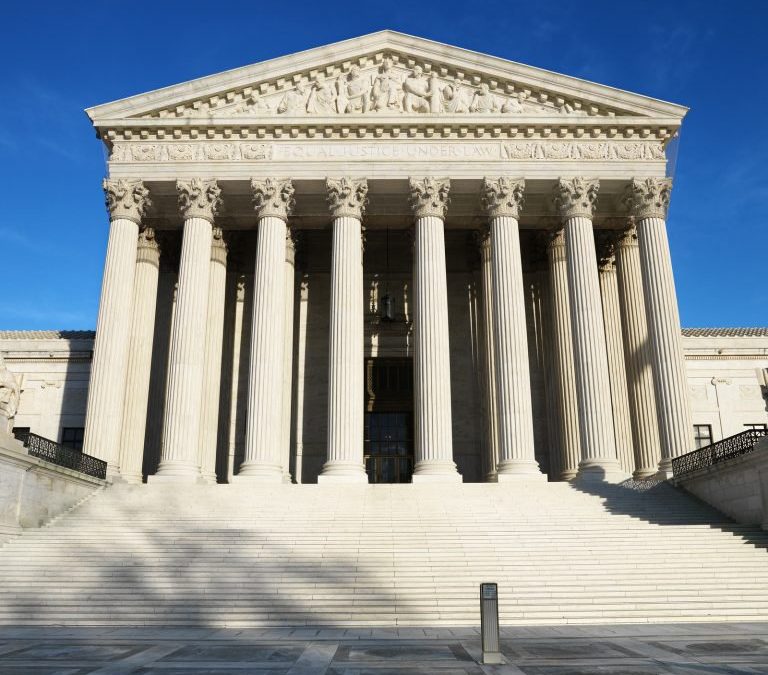Ross Ulbricht formally submitted a writ of certiorari to the Supreme Court of the United States (SCOTUS), seeking a hearing for the overturn of a decision upheld this year by the Second Circuit Court of Appeals. Mr. Ulbricht’s double-life sentence without the possibility of parole is at stake.
Also read: Bundesbank Board Member: No Plans to Issue State-Backed Cryptocurrency

Ross Ulbricht Files Supreme Court Appeal
“Ross William Ulbricht respectfully petitions for a writ of certiorari to review the judgment of the United States Court of Appeals for the Second Circuit in this case,” read the terse beginnings of a landmark plea to literally the last resort for Mr. Ulbricht.
Writ of certiorari orders the lower court, which upheld Mr. Ulbricht’s conviction and sentence, to deliver its records so that the Supreme Court may review them and decide if further examination is necessary. The SCOTUS is a nine member body which acts as the final arbiter in legal matters. Currently the Court has five members considered more conservative, while four are thought to be on the permissive side. Neil Gorsuch, recently appointed by President Trump, is said to be not bad on 4th Amendment issues, one of the grounds on which Mr. Ulbricht’s appeal is based. 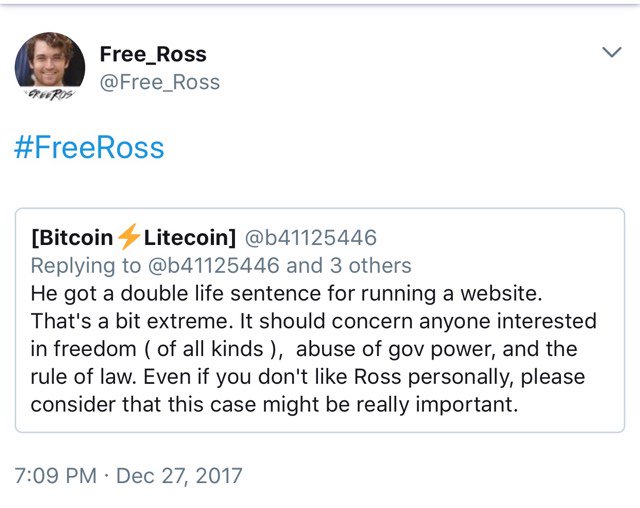
There’s still a while to go before anything concrete can be known. The SCOTUS is under no obligation to pick-up the petition. In fact, of the 7,000 or so they receive per year, they’ll hear at most 150, a niggardly .02 percent. Very often the Circuit Courts are the final word in the great majority of cases. And of the appellate courts, the 2nd Circuit has a comparatively low reversal rate by the SCOTUS, so even if the case is ultimately heard that is no guarantee Mr. Ulbricht will see relief.
The generally agreed test for the SCOTUS to hear a writ involve cases of national significance, to establish a precedence, or put to rest existing contradictions in decisions. Four of the justices must vote to accept a case. Justices’ clerks are in charge of first reviewing the writ, and it is they who write a summary and recommend hearing. Justices then take their recommendations to a conference for a final decision as to whether full hearing is warranted.

Two Questions
Mr. Ulbricht’s appeal focuses on two questions, according to the writ: “1. Whether the warrantless seizure of an individual’s Internet traffic information without probable cause violates the Fourth Amendment. 2. Whether the Sixth Amendment permits judges to find the facts necessary to support an otherwise unreasonable sentence.”
The United States Constitution is odd in the sense the bulk of the document describes what government does, its various functions, and then come amendments to those functions. The first ten are known as the Bill of Rights, and they specifically forbid government from certain transgressions, no matter the excuse. 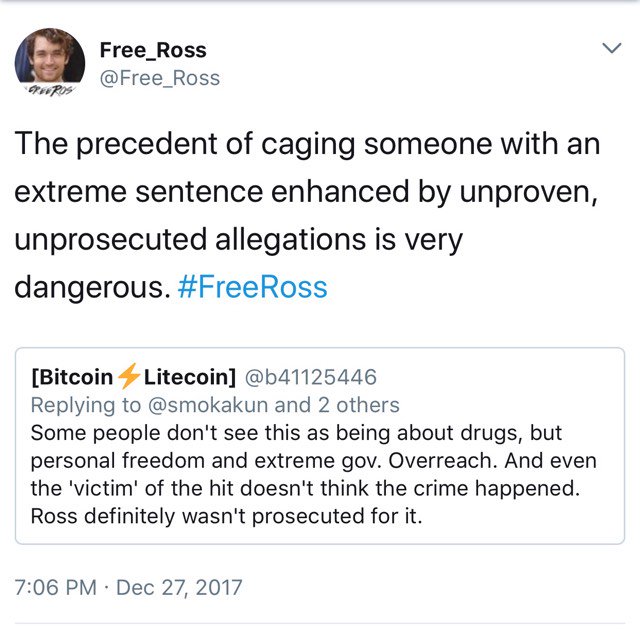
The relevant portion of the Fourth Amendment under consideration reads, “The right of the people to be secure in their persons, houses, papers, and effects, against unreasonable searches and seizures, shall not be violated, and no Warrants shall issue, but upon probable cause[.]” The relevant Sixth Amendment portion reads, “In all criminal prosecutions, the accused shall enjoy the right to a speedy and public trial, by an impartial jury[.]”
According to a memorandum obtained by Brian Doherty of Reason, “This case presents two important questions of constitutional law with broader significance for the rights of criminal defendants generally,” writes lead attorney Kannon K. Shanmugam. “First, the Second Circuit affirmed the government’s warrantless collection of Mr. Ulbricht’s Internet traffic information by relying on the third-party doctrine, which the Court is reviewing in a different context this Term in Carpenter v. United States….This case would afford the Court an ideal opportunity to address how the doctrine applies to Internet traffic information,” he claims.
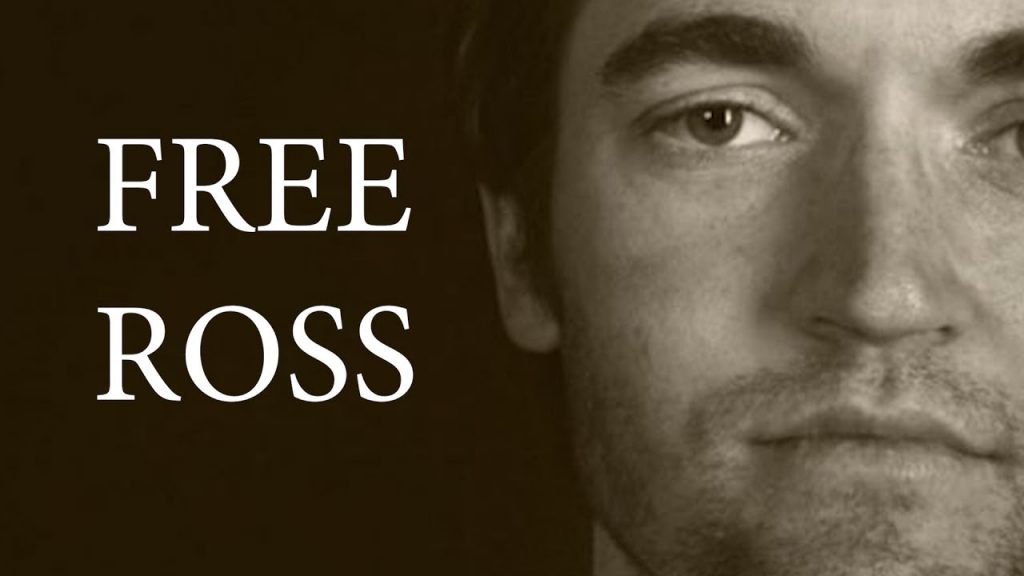
Law for the Digital Age is Badly Needed
Mr. Doherty explains, “Shanmugam, a former law clerk to the late Justice Antonin Scalia, has argued 21 previous cases before the Supreme Court, has had at least five wins there, and has a good record of a 36 percent success rate in having cert petitions granted by the Court from 2012-2015 (and a 38 percent such success rate from 2013-2017),” which bodes well for Mr. Ulbricht.
Warrantless searches are at play, potentially, in the case because information used against Mr. Ulbricht was gathered under the “third party doctrine.” This allowed law enforcement to effectively search his IP address and personal laptop, which are presently thought to be available publicly over the internet through a modem or telecommunications company. The doctrine stems from before a time when internet service and laptops and phones were a person’s everyday lifeblood, and as such is in great need of updating. Is this information citizens are knowingly making public? Or, is such information assumed to be private? It’s all the difference in the world.
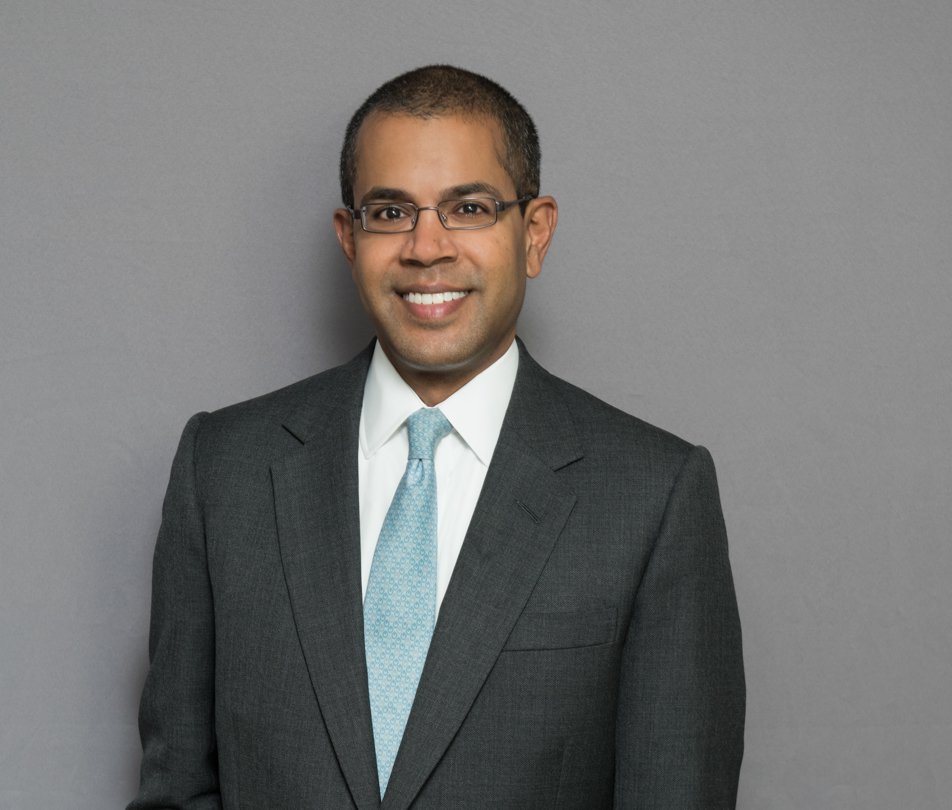
Also of grave concern is Mr. Ulbricht’s sentencing itself. “Ulbricht’s Sentencing Guidelines range would have resulted in a recommended sentence of, at most, 30 years in prison,” Mr. Shanmugam insists, but the judge took into account, beyond a jury, accusations never proven, including murder, to assess punishment. Mr. Doherty writes, “The Second Circuit in his initial appeal ‘reluctantly affirmed, concluding that the alleged murders for hire separated the case from an ordinary drug crime.’”
For the broader bitcoin community, Ross Ulbricht is someone many feel a debt is owed. Silk Road, according to many, provided a safer environment for buyers and sellers of products disliked by governments. The earliest use cases of bitcoin, cryptocurrency, were proven viable and, it’s not too far to claim, valuable due to such fearless experimentation. A great many enthusiasts view Mr. Ulbricht as someone who the government picked-on to send a horrible message.
What do think of Ross Ulbricht’s chances? Let us know in the comments section below.
Images courtesy of Pixabay, FreeRoss.org.
Keep track of the bitcoin exchange rate in real-time.
The post Ross Ulbricht’s Fate in the Hands of the US Supreme Court appeared first on Bitcoin News.

